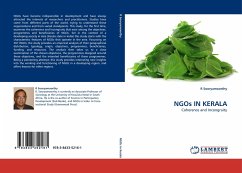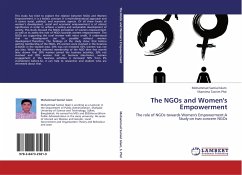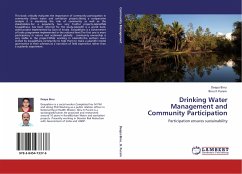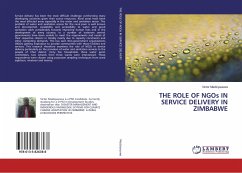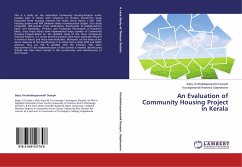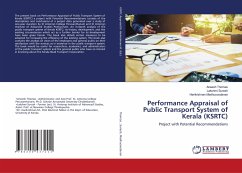NGOs have become indispensible in development and have always attracted the interests of researchers and practitioners. Studies have come from different parts of the world, trying to understand these organizations and from varied standpoints. This study, for the first time, examines the coherence and incongruity that exist among the objectives, programmes and beneficiaries of NGOs. Set in the context of a developing society in Asia (Kerala state in India) this study starts with the characteristic features of NGOs that operate in the area. Focussing on 367 NGOs, the study provides an empirical analysis of their geographical distribution, typology, origin, objectives, programmes, beneficiaries, funding, and resources. The analysis then takes us to a close examination of the chosen objectives, the programmes designed around these objectives, and the intended beneficiaries of these programmes. Being a pioneering attempt, this study provides interesting new insights into the working and functioning of NGOs in a developing region, and offers lessons for other regions.

